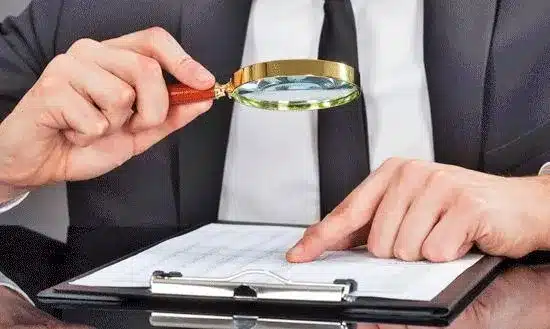
Jean Paul Gagnon In this interview, we look at the state of documentary fraud, especially in insurance, and the means to fight against this scourge.
I am a consultant, independent trainer in document fraud and safety. A former policeman, I was trained by the Criminal Research Institute of the National Gendarmerie. I work with companies facing fraud, especially documentary fraud. I train their employees in the detection of false identity documents (CNI, French and foreign passports, various supporting documents), in order to secure their customer relationship by improving their authentication (KYC) in order to fight against fraud.
I am referenced in the training catalog of The Agency for Combating Insurance Fraud. I provide training to anti-fraud correspondents of insurance and mutual insurance companies as well as to ALFA certified private research investigators.
I also collaborate with several publishers of solutions for the detection of document fraud.
I have formed teams of Remote Identity Verification Providers (PVID) as part of their certification process by ANSSI and I am assisting one of them in its certification process.
🎧 Listen to our interview with Maxence Bizien, CEO of ALFA, by clicking here!
The explosion of documentary fraud has several explanations:
The growth of document fraud has never been stronger. It is omnipresent. As said Charles Prats in his book The Fraud Cartel : “Document fraud is the mother of all fraud.” The vast majority of fraud uses a false document to claim an identity or to justify an undue right. The increasingly easy access to digital tools for transforming images or PDFs is making fraud accessible to a greater number of people. Social networks also offer temptations by distributing low-cost “kits” (apparently), which are not without danger for their users because they can lead to the disclosure of personal data to carry out fraud.
It is very difficult to quantify because it is hidden by definition. That's why numbers are always the subject of big battles. Uncovered fraud is only a small part of the actual fraud. Draw a parallel with the fight against drug trafficking and you will get a picture of the problem. Identity impersonations are estimated at 400,000 per year, but this figure only represents those that are discovered or reported.
The quality of forged documents has increased because of the reasons I have just explained and detection “by eye” is becoming more and more difficult. The explosion in the number of successful phishing also demonstrates this.
Protecting yourself from document fraud requires the generalization of controls as early as possible. It is important to be trained and equipped to fight against fraud without only conducting random checks.
The fight against fraud is a wall built of several bricks. No solution covers the whole phenomenon. The technologies developed by the publishers of anti-fraud solutions are increasingly efficient in order to increase human capacities. The right combination seems to me to be the “assisted human” because nothing can replace experience, intelligence and the interpretation of the result of the machine by man.
It is essential to protect yourself against fraud. Training and the use of tools are complementary.
Document fraud is now a fundamental subject that we must work and deal with with the various actors.
To find out more about Finovox's tools to fight against document fraud, contact one of our experts!